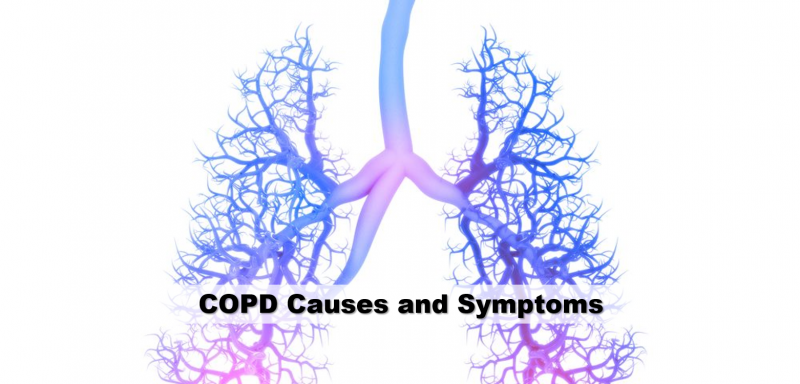Cirrhosis Causes, Symptoms, And Treatment Methods

What is the most common cause of cirrhosis? Can cirrhosis of the liver be cured? Different levels of liver damage may occur due to various diseases and causes. Irreversible differences in the structure of the liver may occur if this damage continues.
Over time, the liver hardens, shrinks, and becomes unable to function. Irreversible damage to the liver is called cirrhosis. Cirrhosis, which is caused by the disruption of liver structure and order, is a serious disease that results in death if precautions are not taken. Here, we will explain the causes, symptoms, diagnosis, and treatment of cirrhosis in the text below.
What Is Cirrhosis?
Cirrhosis, also called chronic liver disease, is the name given to severe liver damage. Due to various diseases, sometimes liver damage may occur at different levels for unknown reasons. As a result of it, various impairments occur in the structural functions of the liver, and they cannot function normally.
It is the beginning of the cirrhosis process. As the process progresses, as the liver cells continue to function, the liver becomes harder and smaller. The flow of blood to the hardened tissues becomes more difficult, and new vascular pathways are formed because the blood cannot reach the tissue. All these events further affect the liver and cause cirrhosis. As a result, the liver fails to function and liver failure occurs.

What Are The Causes Of Cirrhosis?
The most common cause of cirrhosis is chronic alcohol use. Apart from excessive alcohol use, one of the most important causes of cirrhosis is chronic viral hepatitis such as Hepatitis B and Hepatitis C. In approximately 10-15% of cirrhosis patients, despite all the researches, no cause is found, and this condition is called cryptogenic cirrhosis) Apart from these, people may develop cirrhosis in rare cases for the following reasons:
- Nonalcoholic fatty liver
- Bile duct obstruction
- Autoimmune hepatitis caused by the body producing antibodies against its tissues
- Long-term use of heavy drugs
- Excessive uptake of iron and copper minerals
- Chronic heart failure
What Are The Symptoms Of Cirrhosis?
|Hepatisis A Causes, Symptoms, and Treatment Methods|
Cirrhosis usually does not show any symptoms in the early period. However, as the degree of the disease progresses and the level of damage in the liver increases, the symptoms and the severity of these symptoms increase. The most common symptoms of cirrhosis are as follows:
- Appetite and weight loss
- Nausea and vomiting
- The permanent feeling of weakness
- Swelling of the legs – edema
- Swelling due to accumulation of acid in the abdomen
- Muscle loss
- Anemia
- Itching
- Jaundice
- Menstrual irregularity in women
- Bruising
- Constipation and gas problem
How Is Cirrhosis Diagnosed?
It is essential that whether there is chronic alcohol use, or if patients have had viral hepatitis in the past. After a detailed history, medical evaluations are performed. Jaundice, edema, and bruising on the body are among the diagnostic criteria that appear in the first examination. In addition to the examination performed by the physician, ultrasound and other imaging methods, various blood, tests, and biopsy may make a definitive diagnosis of cirrhosis.
What Are The Treatment Methods For Cirrhosis?
Liver cirrhosis is divided into three levels, A, B, and C according to the progression of the disease. It is possible to achieve a quality life for many years by reducing the progression of the disease to a minimum as a result of regular physician control and treatment in patients with A and B levels where the liver is less damaged. In the treatments performed by specialist physicians, the aim is to prevent the progression of hardened scar tissue in the liver and prevent the complications caused by the disease.
Avoiding all kinds of nutrients, unnecessary drug use, and alcohol consumption are essential treatment principles for patients. Patients with advanced liver damage may require liver transplantation with the advice of a physician.





